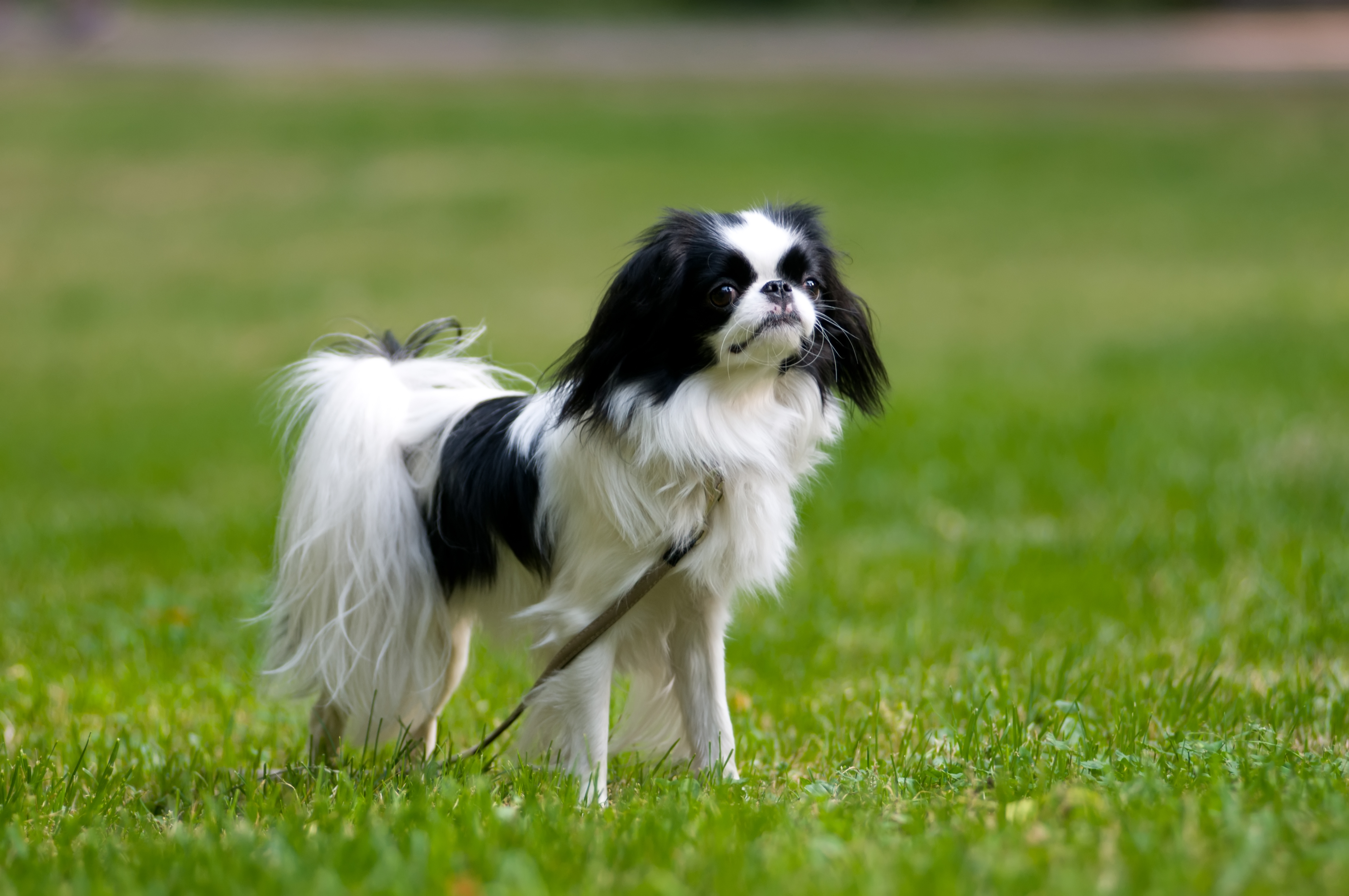Common Health Issues of the Japanese Chin: Caring for Their Well-Being

The Japanese Chin is generally a healthy breed, but like all dogs, they are prone to certain health issues. Being aware of these potential health concerns and addressing them promptly is crucial to ensuring the well-being of your Japanese Chin.
Common Health Issues
- Respiratory Issues: Japanese Chins have a short, flat face, known as brachycephalic, which can make them prone to respiratory problems. This brachycephalic structure can lead to breathing difficulties, especially in hot or humid weather. This breed is also sensitive to anaesthesia, so anaesthesia must be administered with care.
- Heart Conditions: Japanese Chins can be susceptible to heart conditions, such as mitral valve disease, which is a common issue in small dog breeds. Regular veterinary check-ups can help monitor their heart health.
- Eye Problems: Some Japanese Chins may develop eye problems, including cataracts, retinal issues, and progressive retinal atrophy (PRA). Regular eye examinations can help detect and manage these issues.
- Patellar Luxation: Patellar luxation, or slipping kneecap, is a common orthopaedic problem in Japanese Chins. It occurs when the kneecap temporarily moves out of its normal position. While it can be painful, it can often be managed with proper care and, in severe cases, surgery.
- Dental Issues: Small breeds like Japanese Chins are prone to dental problems, including tooth decay and gum disease. Regular dental care, including brushing their teeth and providing dental chews or toys, is essential.
- Heat Sensitivity: Due to their brachycephalic anatomy, Japanese Chins are sensitive to hot weather. They may have a hard time cooling down, which can lead to overheating. It's crucial to keep them in a cool and shaded environment during hot days.
Breathing Difficulties and Panting
Japanese Chins, with their flat faces, can indeed have a harder time breathing, especially in situations with limited airflow or high temperatures. Their brachycephalic anatomy restricts the passage of air, which can lead to panting as a way to cool down and get more oxygen.
While panting is a natural response in dogs, excessive or laboured panting can indicate distress or overheating. It's important to ensure that your Japanese Chin has access to fresh water, a cool environment, and proper ventilation, especially in hot weather. If you notice severe or persistent breathing difficulties, consult with your veterinarian.
Health Care for Japanese Chins
To maintain the health and well-being of your Japanese Chin:
- Schedule regular veterinary check-ups to catch and address health issues early.
- Follow a balanced diet and manage their weight to prevent obesity.
- Provide regular exercise and mental stimulation.
- Attend to their dental health through brushing and dental care products.
- Protect them from extreme temperatures and ensure they have proper ventilation.
In conclusion, while Japanese Chins are generally a healthy breed, they are prone to specific health issues related to their anatomy and size. Regular veterinary care, a balanced diet, and a safe environment are key to keeping your Japanese Chin in good health and ensuring they live a happy and comfortable life.
Japanese Chin puppies for sale
- Find Japanese Chin puppies for sale in ACT
- Find Japanese Chin puppies for sale in NSW
- Find Japanese Chin puppies for sale in NT
- Find Japanese Chin puppies for sale in QLD
- Find Japanese Chin puppies for sale in SA
- Find Japanese Chin puppies for sale in TAS
- Find Japanese Chin puppies for sale in VIC
- Find Japanese Chin puppies for sale in WA